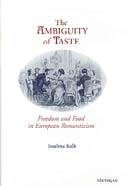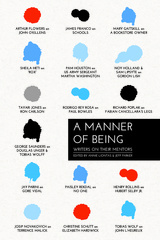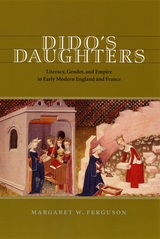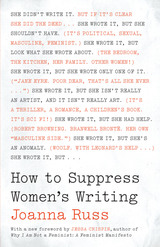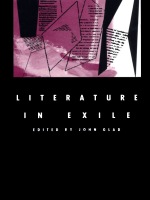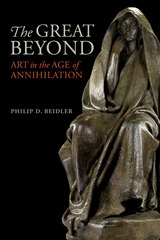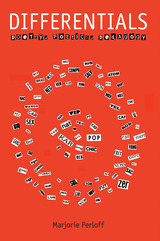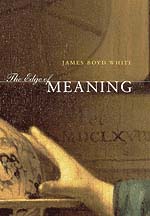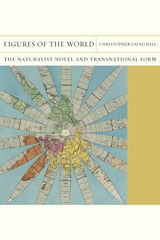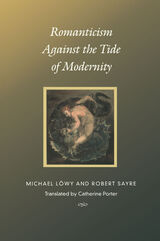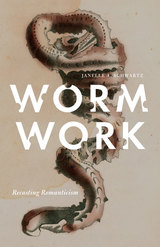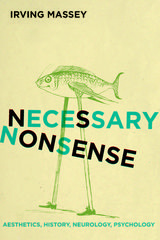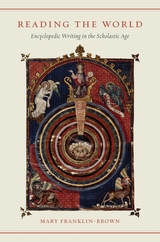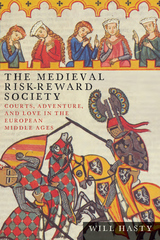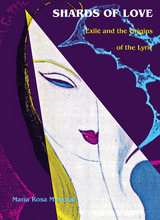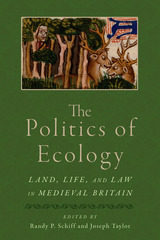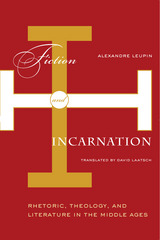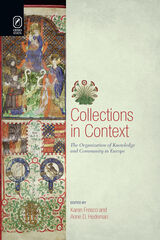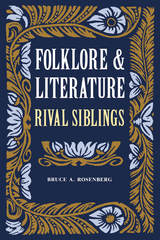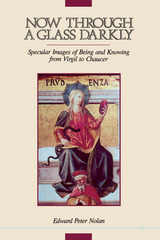The Ambiguity of Taste: Freedom and Food in European Romanticism
University of Michigan Press, 1995
Cloth: 978-0-472-10554-0
Library of Congress Classification PN603.K65 1995
Dewey Decimal Classification 809.9145
Cloth: 978-0-472-10554-0
Library of Congress Classification PN603.K65 1995
Dewey Decimal Classification 809.9145
ABOUT THIS BOOK | AUTHOR BIOGRAPHY | TOC | REQUEST ACCESSIBLE FILE
ABOUT THIS BOOK
Between the political revolutions of 1789 and 1848 no other subject so directly challenged the notion of "good taste" in literature as food. To be "in good taste," a work of the high style excluded references to literal taste; culinary allusions in tragedy and lyric poetry therefore represented an ironic attack on literary decorum and a liberation from the constraints of figurative taste.
In The Ambiguity of Taste, Jocelyne Kolb attempts to define changes in genre and metaphorical usage by undertaking close readings of six authors. She looks first at Molière and Fielding, whose culinary allusions herald poetic revolution but whose works do not themselves escape the limits of a neoclassical aesthetic. Byron and Heine, known as renegades, are treated in separate chapters and in the greatest detail. The penultimate chapter joins Goethe and Hugo as champions of poetic freedom, and in the final chapter Kolb briefly considers Thomas Mann and Proust, whose works display the gains of poetic revolution.
This book will be savored by students of comparative literature and European Romanticism. Its accessible style will tempt nonspecialists and food enthusiasts as well.
Jocelyne Kolb is Professor of German Studies, Smith College. This book was the winner of the 1995 American Conference on Romanticism Book Prize.
In The Ambiguity of Taste, Jocelyne Kolb attempts to define changes in genre and metaphorical usage by undertaking close readings of six authors. She looks first at Molière and Fielding, whose culinary allusions herald poetic revolution but whose works do not themselves escape the limits of a neoclassical aesthetic. Byron and Heine, known as renegades, are treated in separate chapters and in the greatest detail. The penultimate chapter joins Goethe and Hugo as champions of poetic freedom, and in the final chapter Kolb briefly considers Thomas Mann and Proust, whose works display the gains of poetic revolution.
This book will be savored by students of comparative literature and European Romanticism. Its accessible style will tempt nonspecialists and food enthusiasts as well.
Jocelyne Kolb is Professor of German Studies, Smith College. This book was the winner of the 1995 American Conference on Romanticism Book Prize.
See other books on: European literature | Food | Freedom | Romanticism | Taste
See other titles from University of Michigan Press
